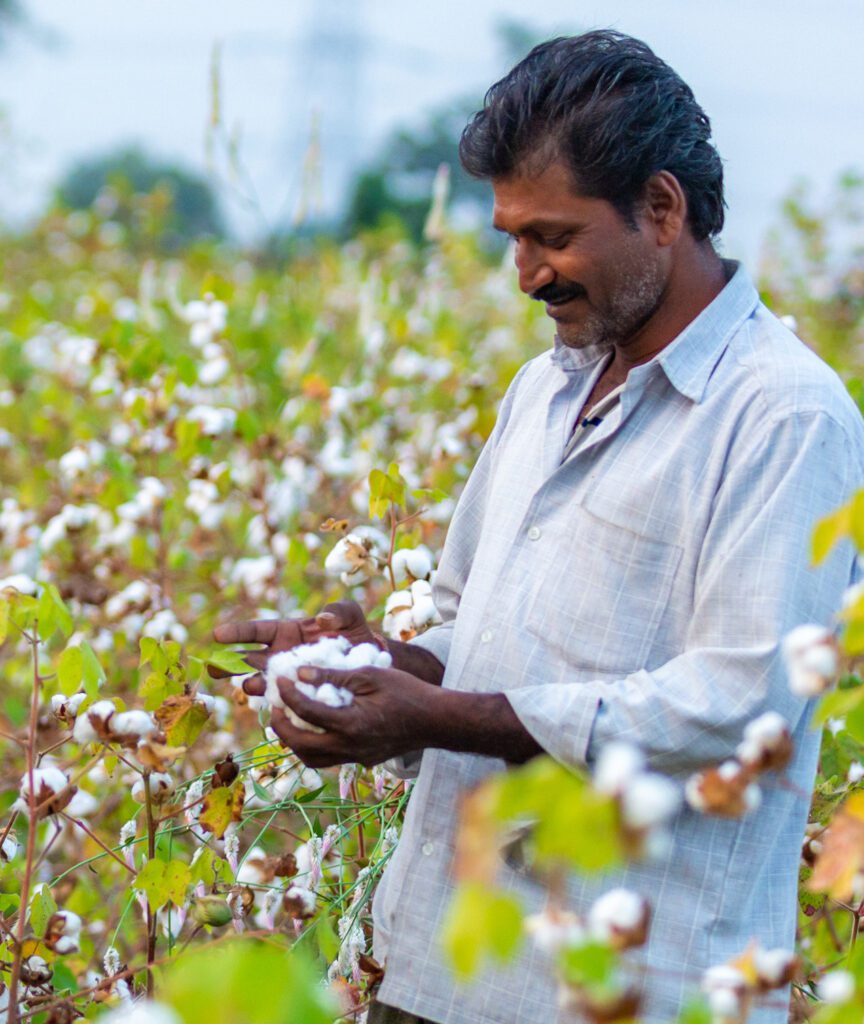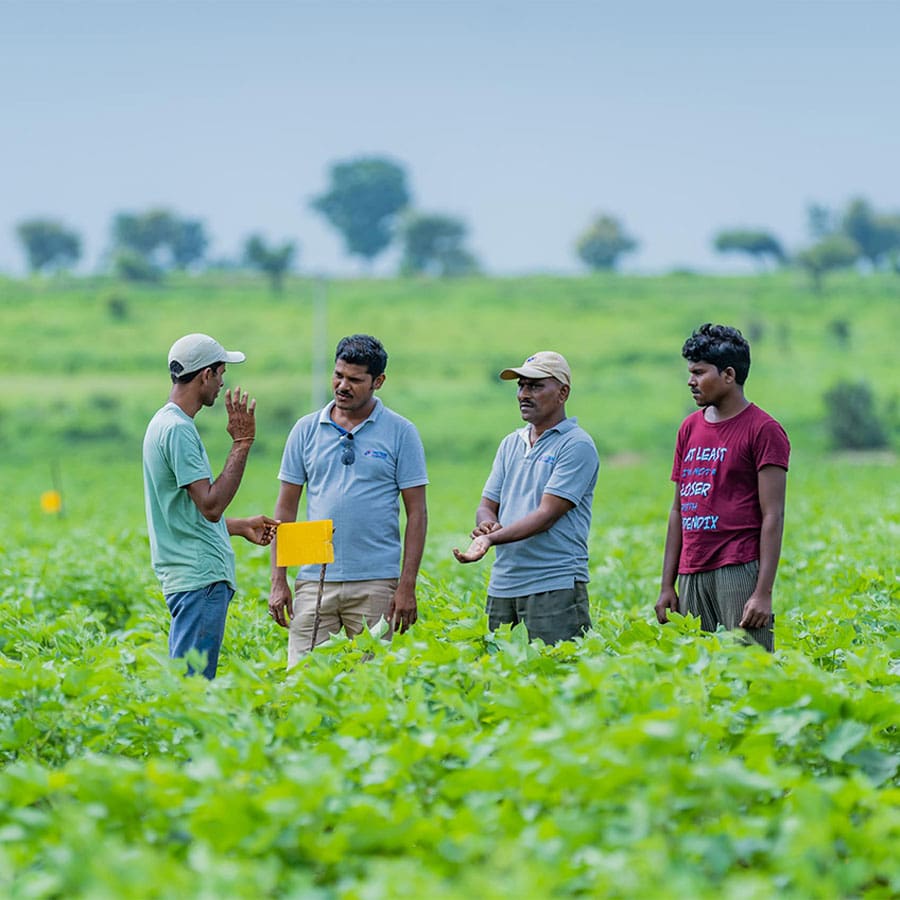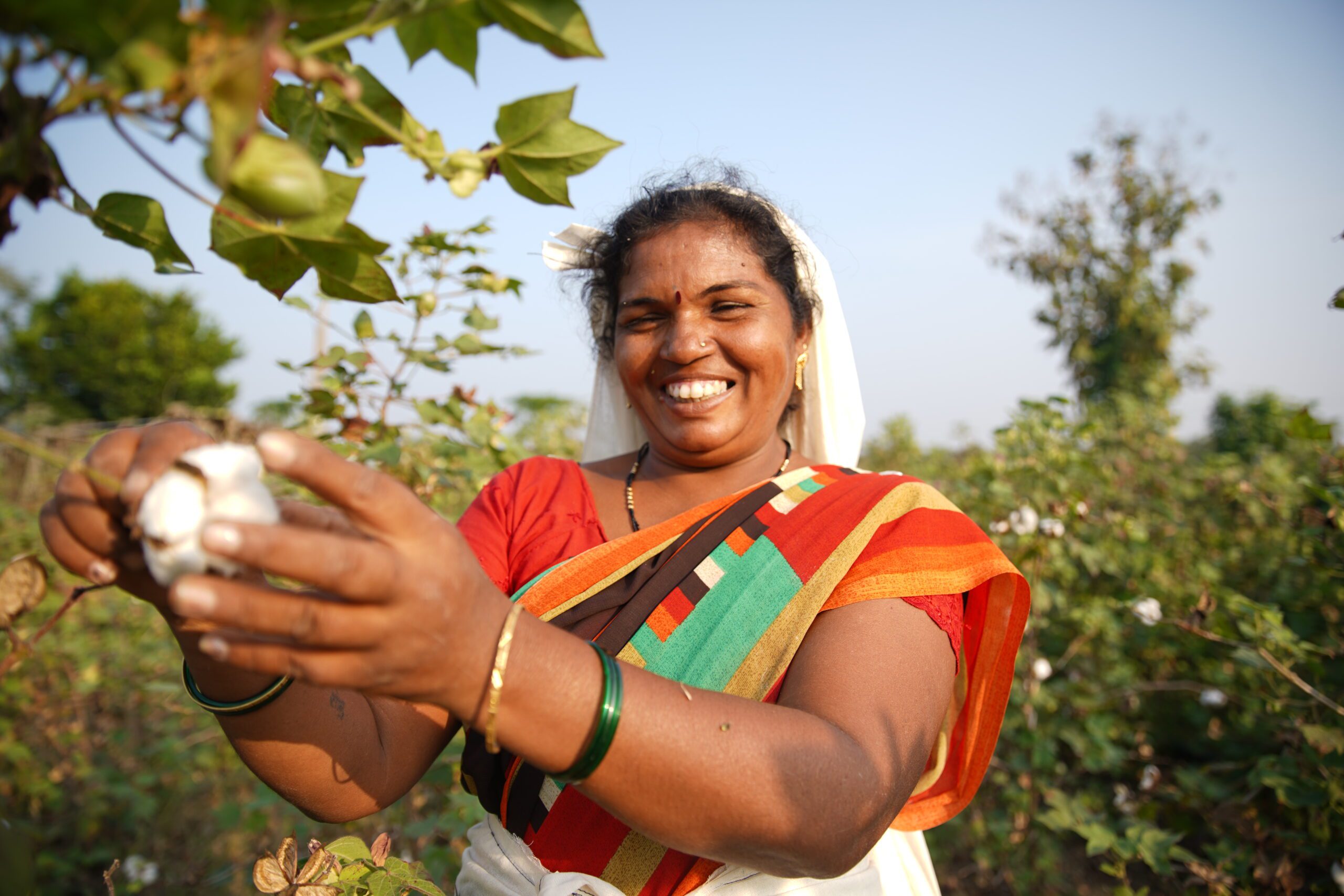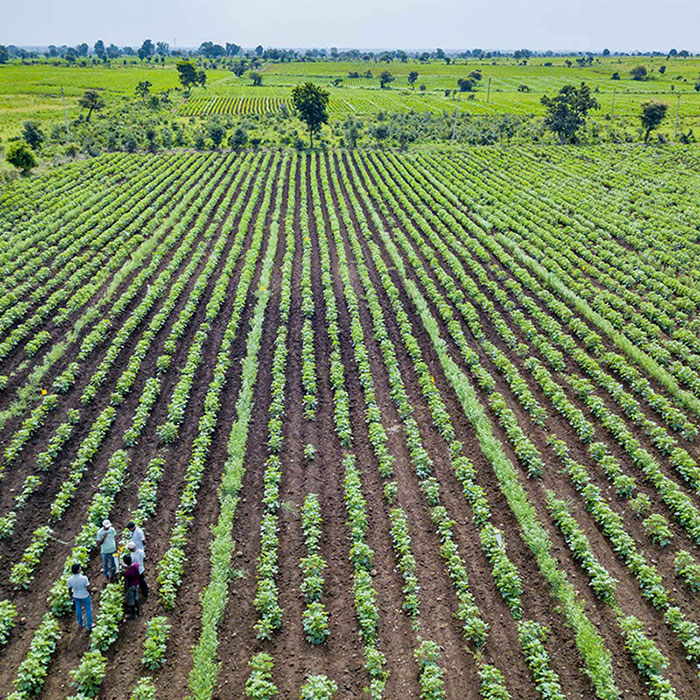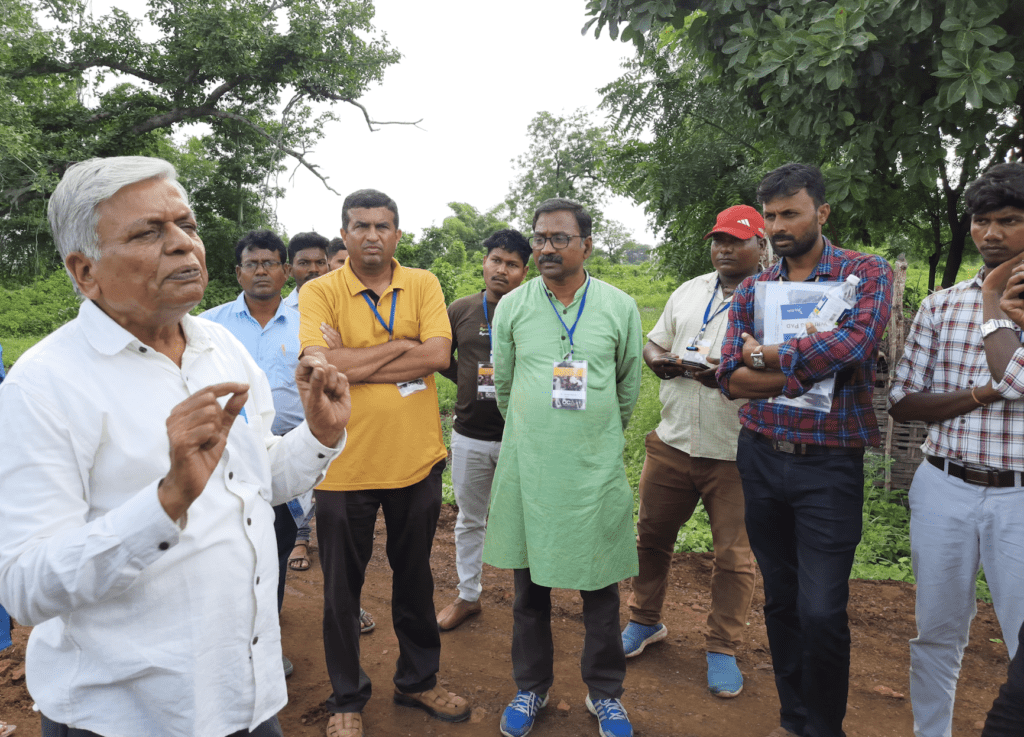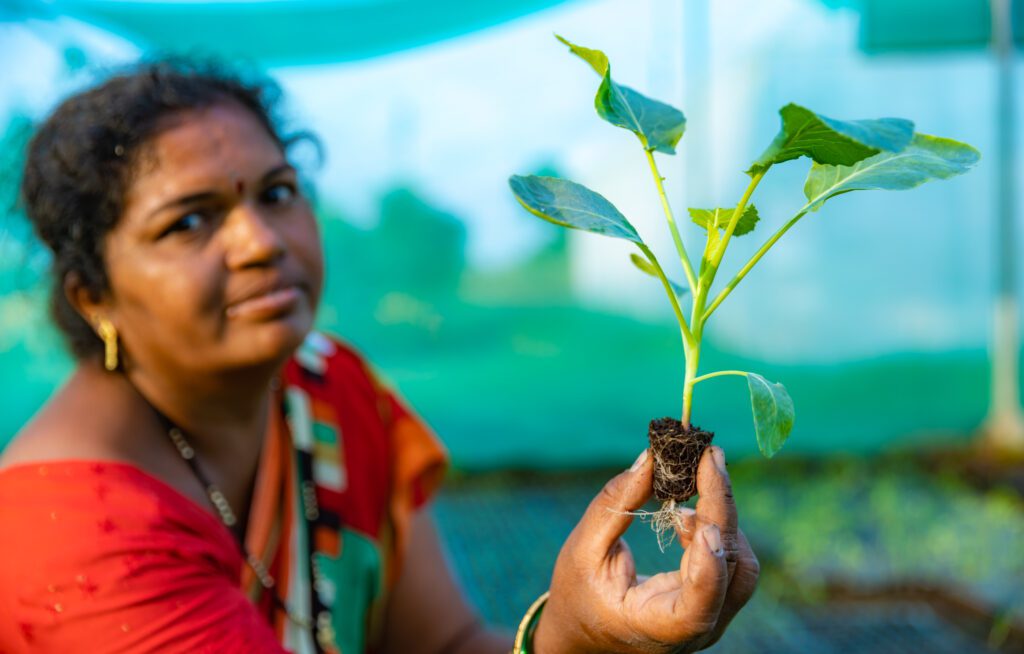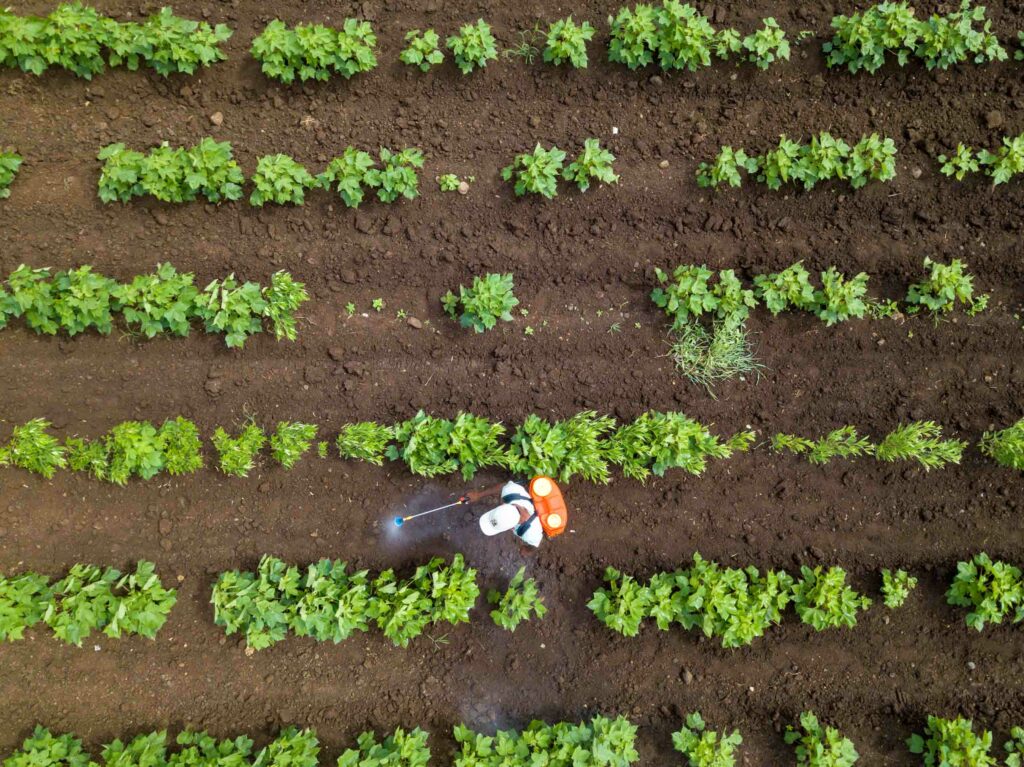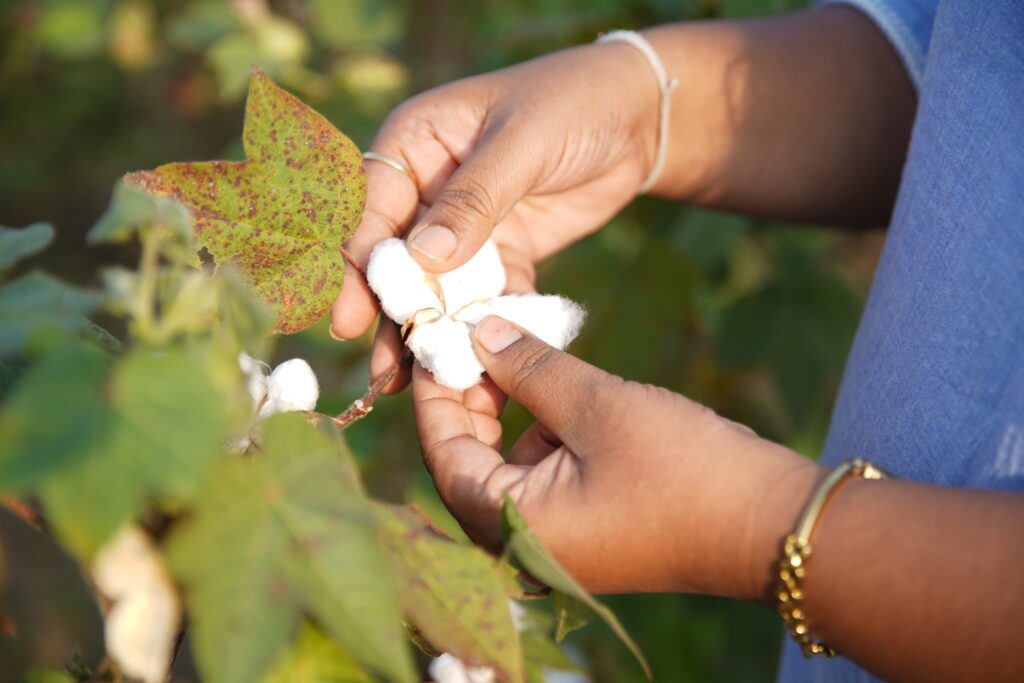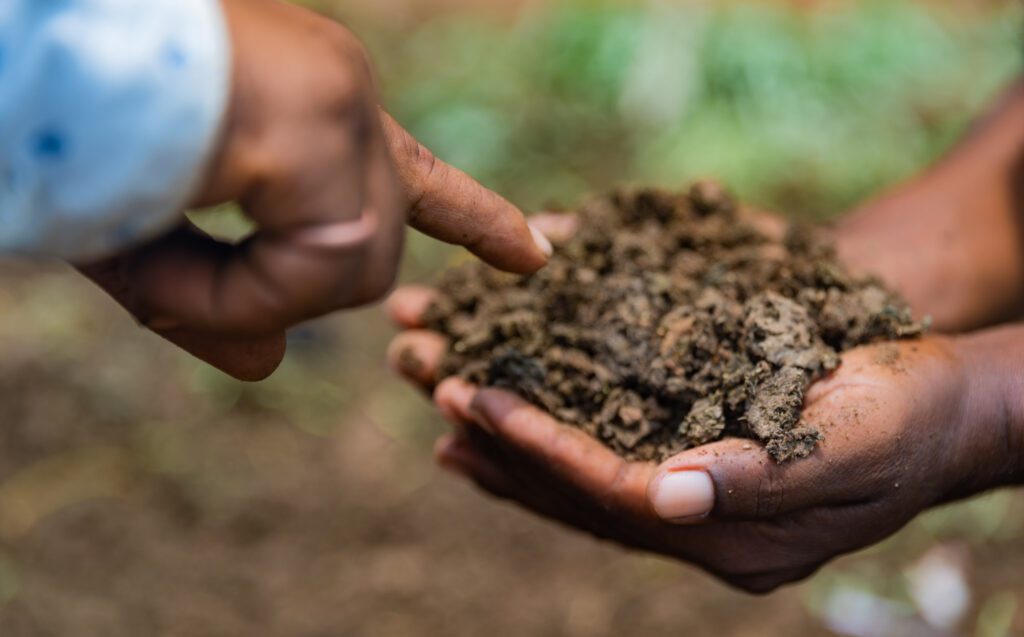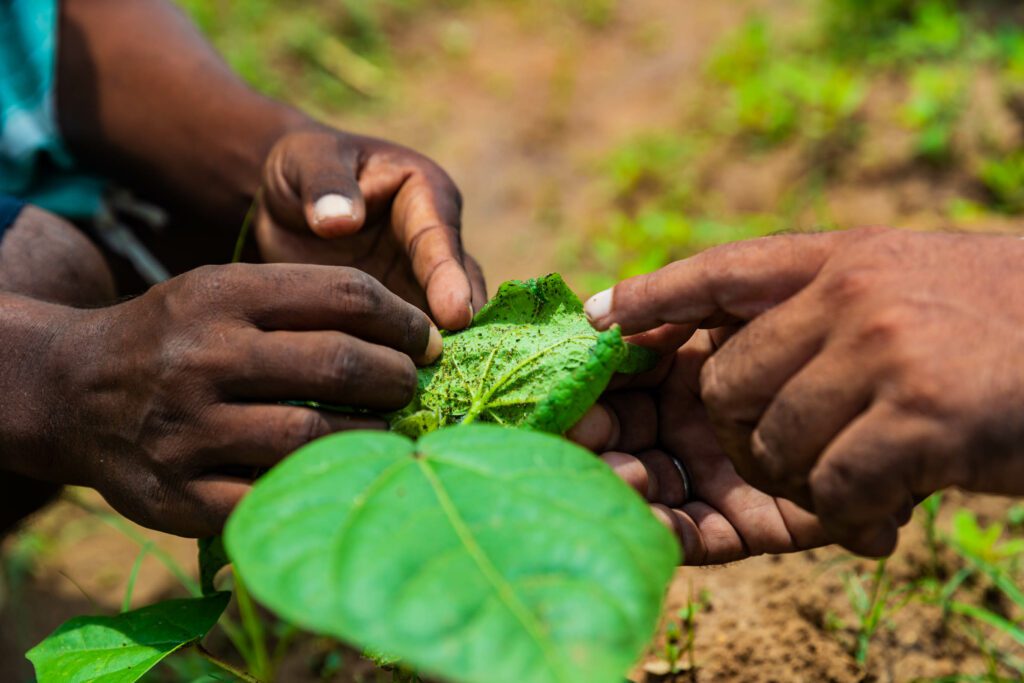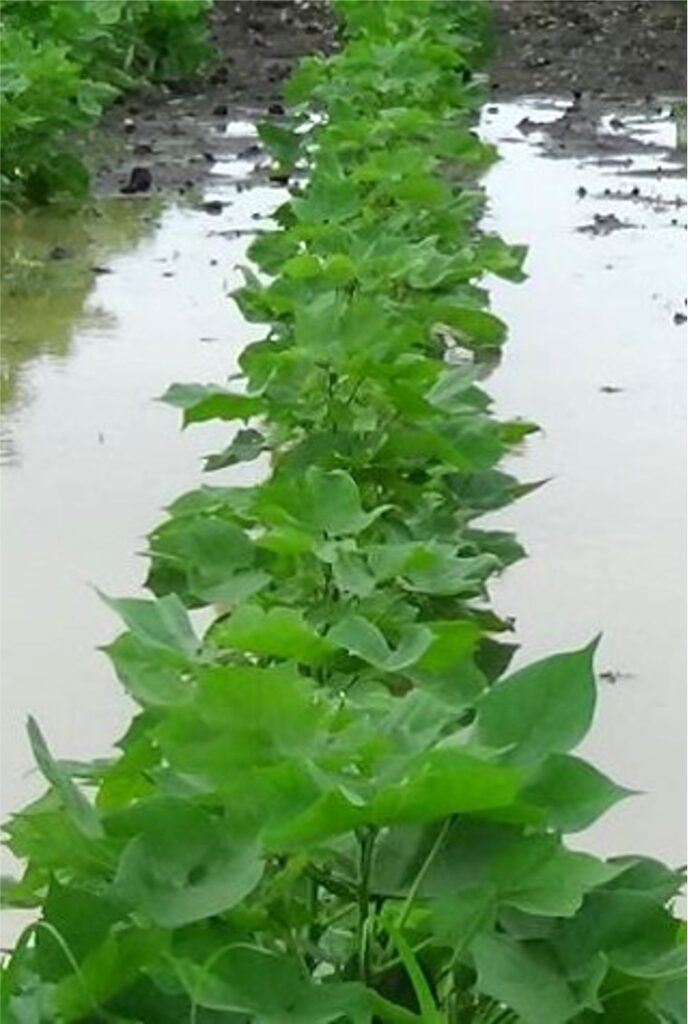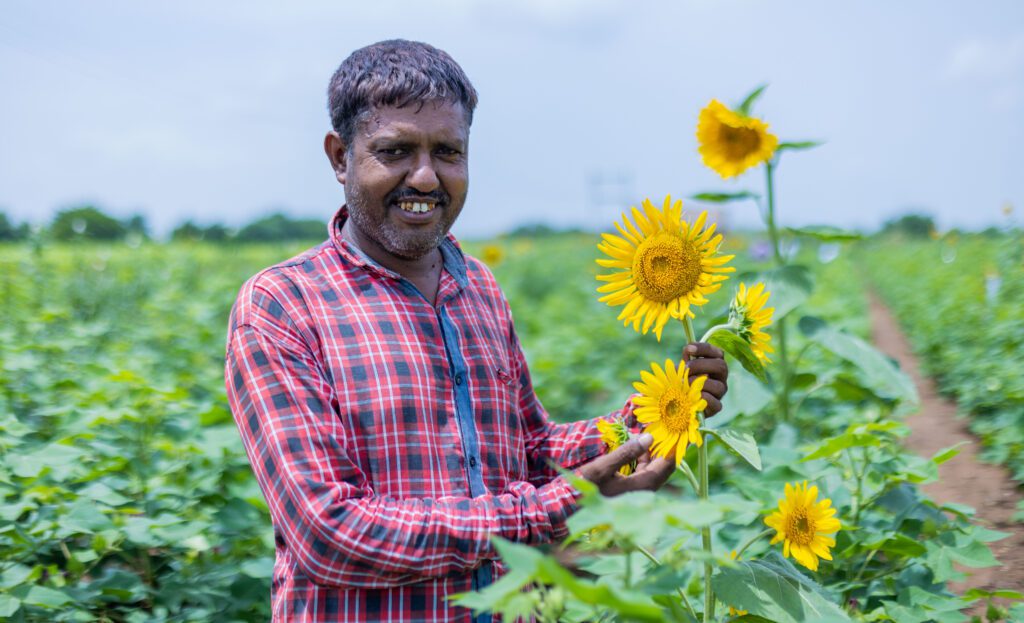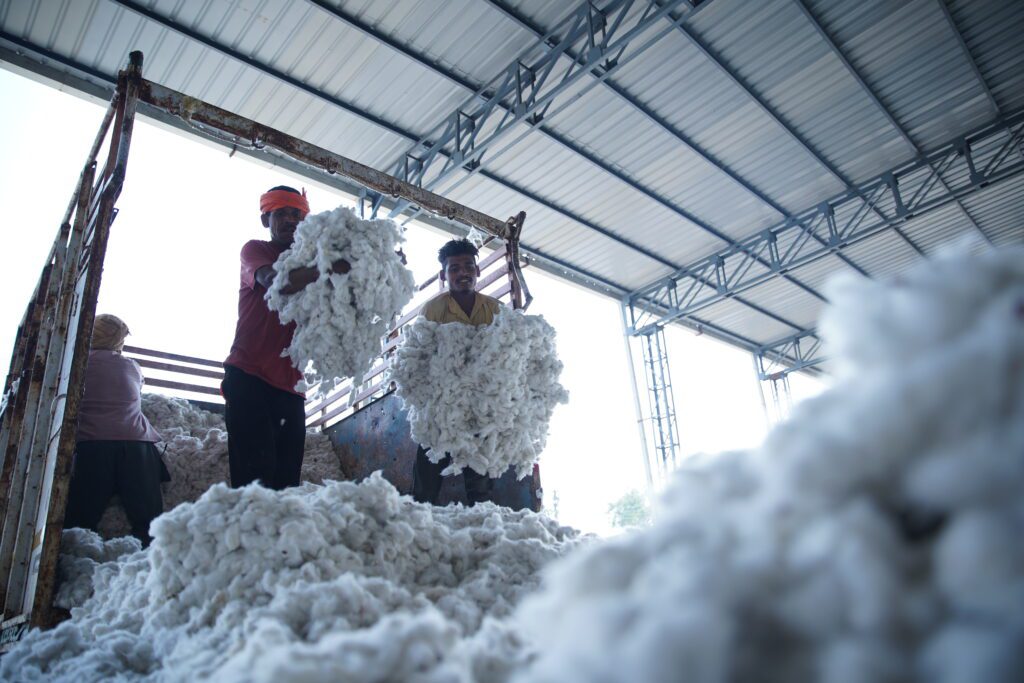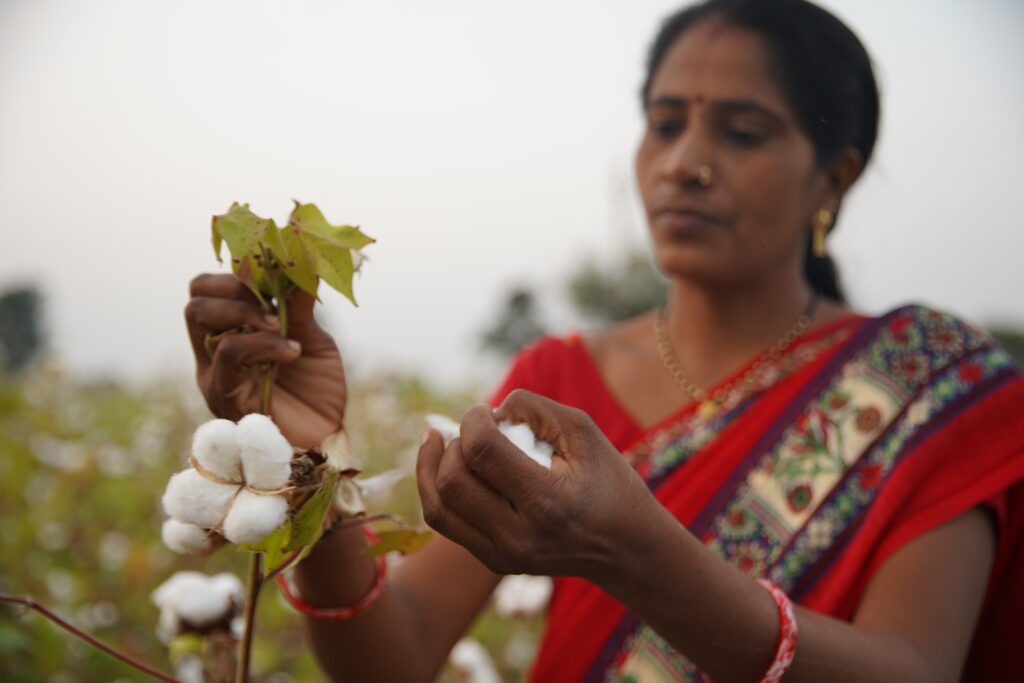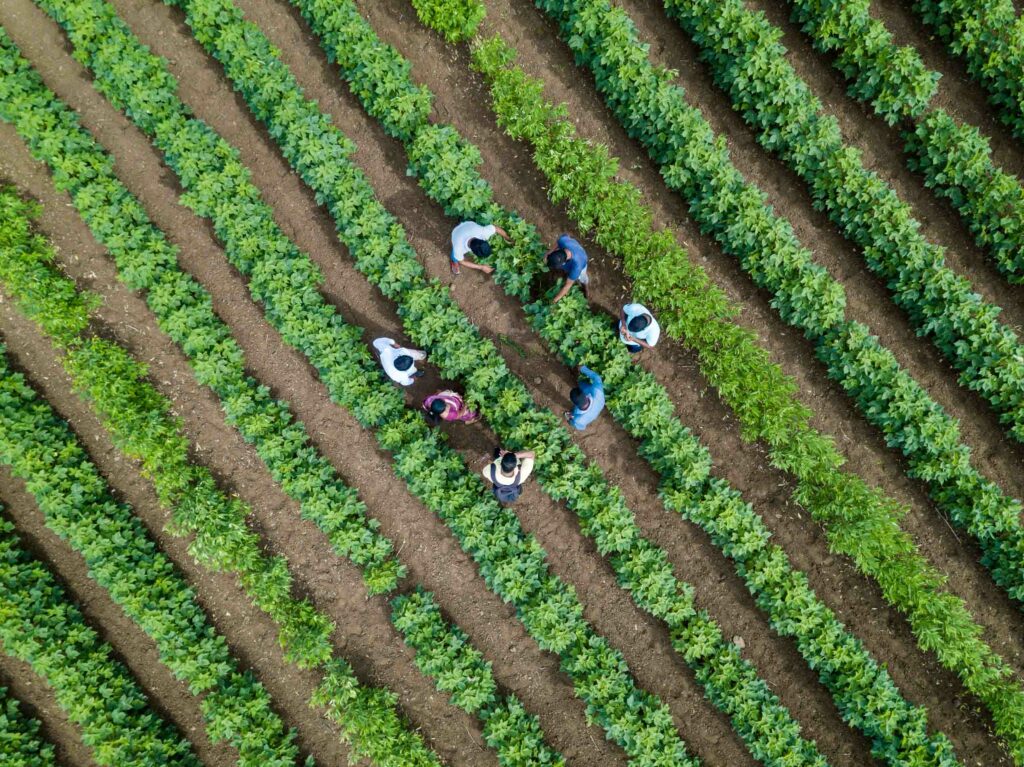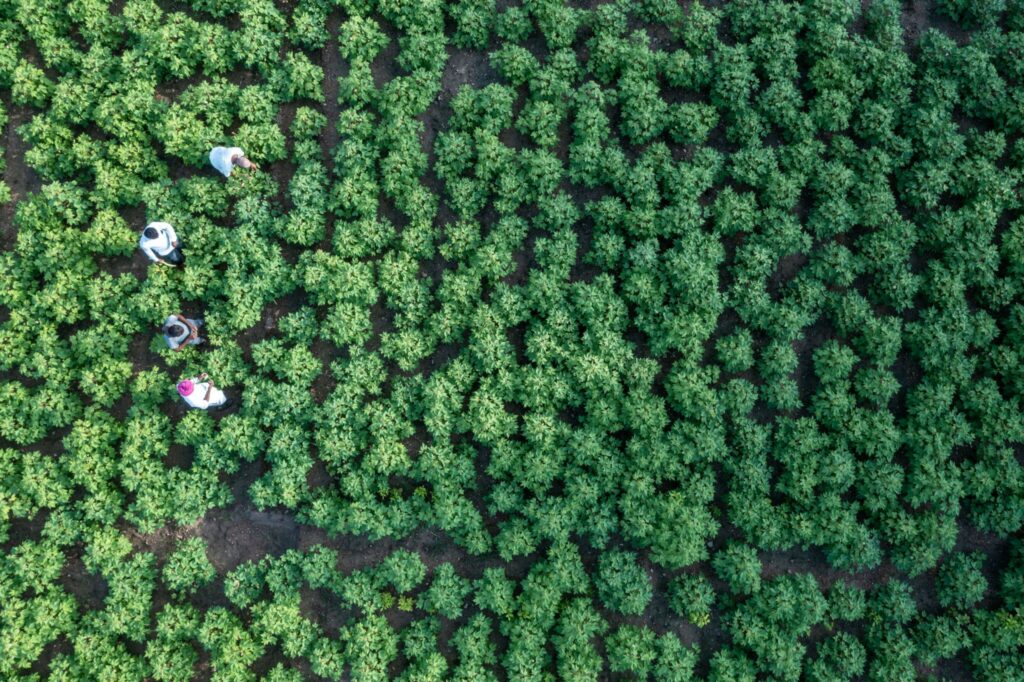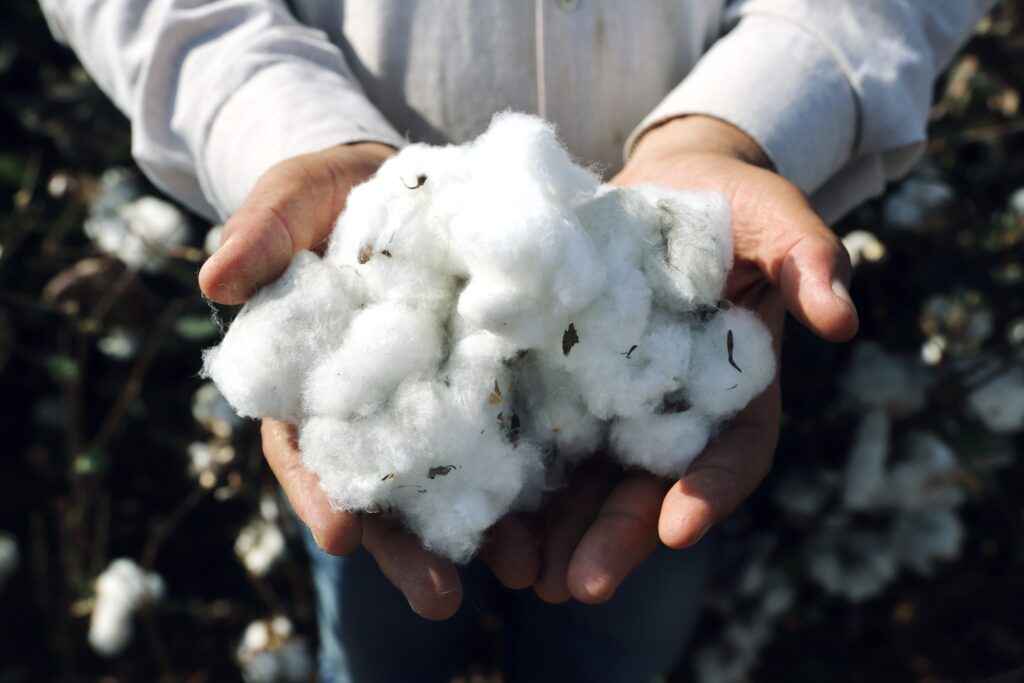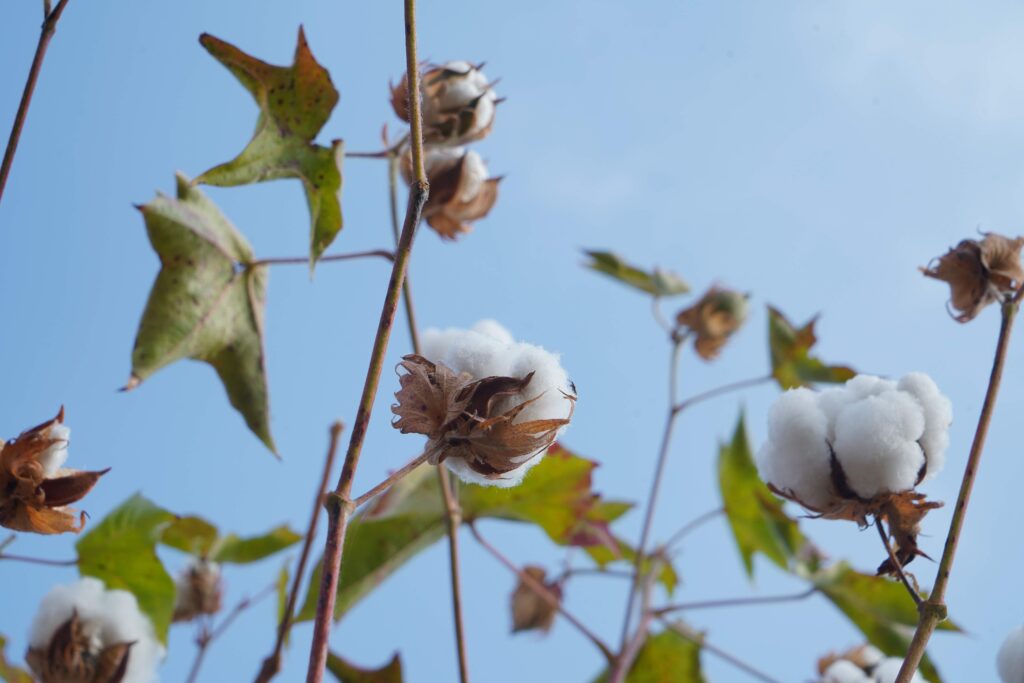Launched in the summer of 2022, the train-the- trainer sessions organised by OCA were attended by hundreds of field staff from Implementing Partners and Farm Groups across the different regions of India. The field staff now incorporate these modules and activity guides, alongside their existing knowledge, during the field visits involving thousands of existing and in-conversion organic cotton farmers.
Additionally, OCA has created a dedicated online learning management platform and mobile App to provide virtual access to the curriculum. The Organic Cotton Training Curriculum is available to the organic cotton sector and public, containing a breadth of topics from seed to harvest, and is a great introduction to understanding the growing season cycle.
